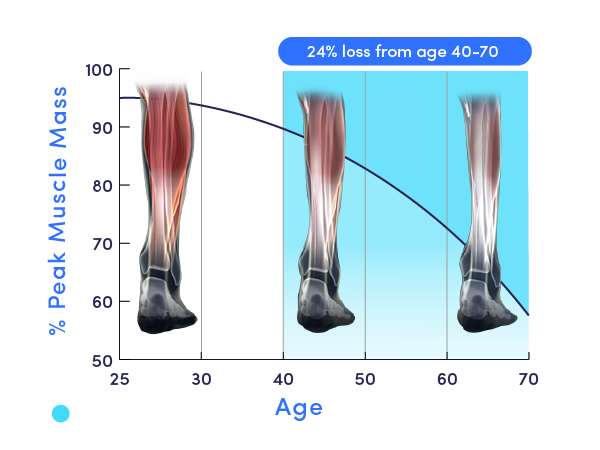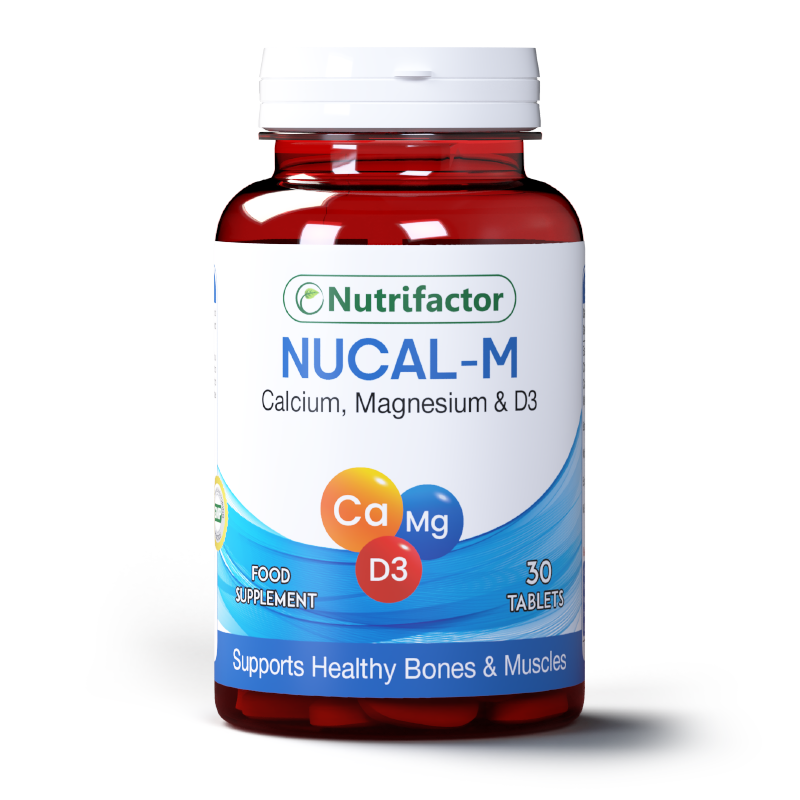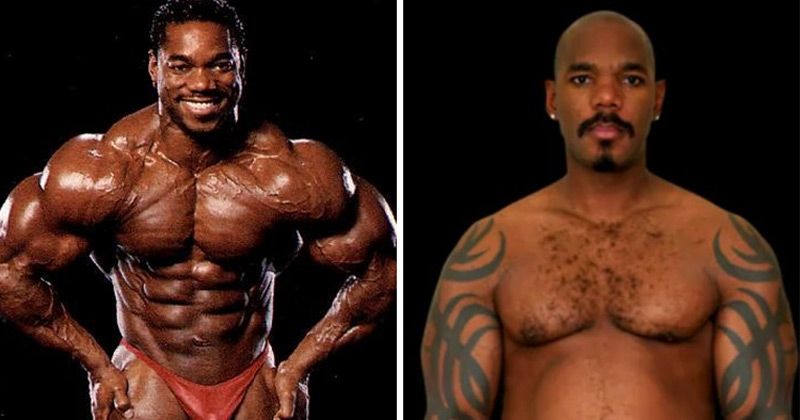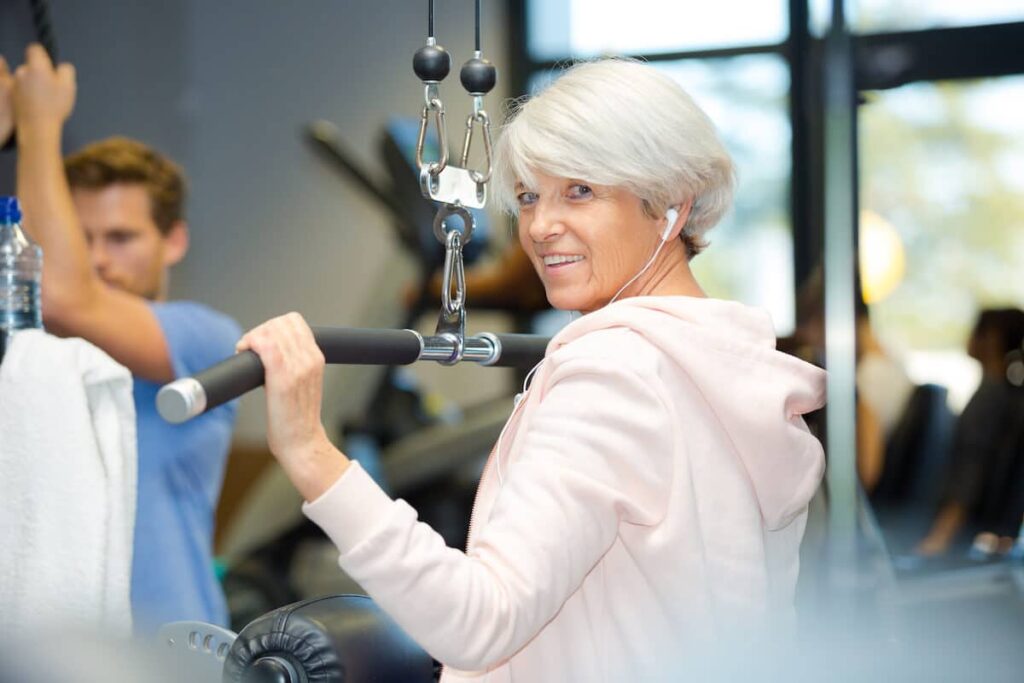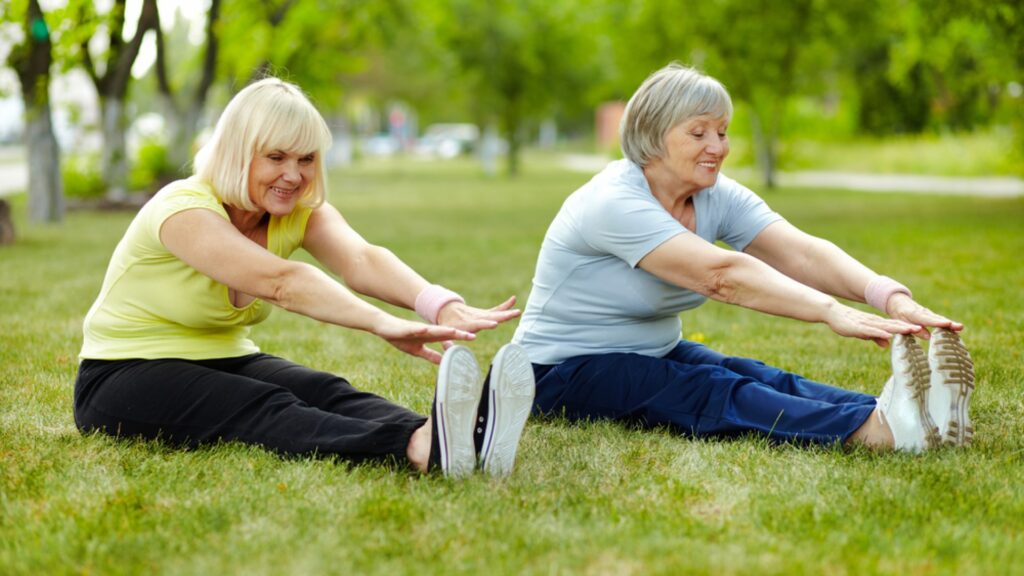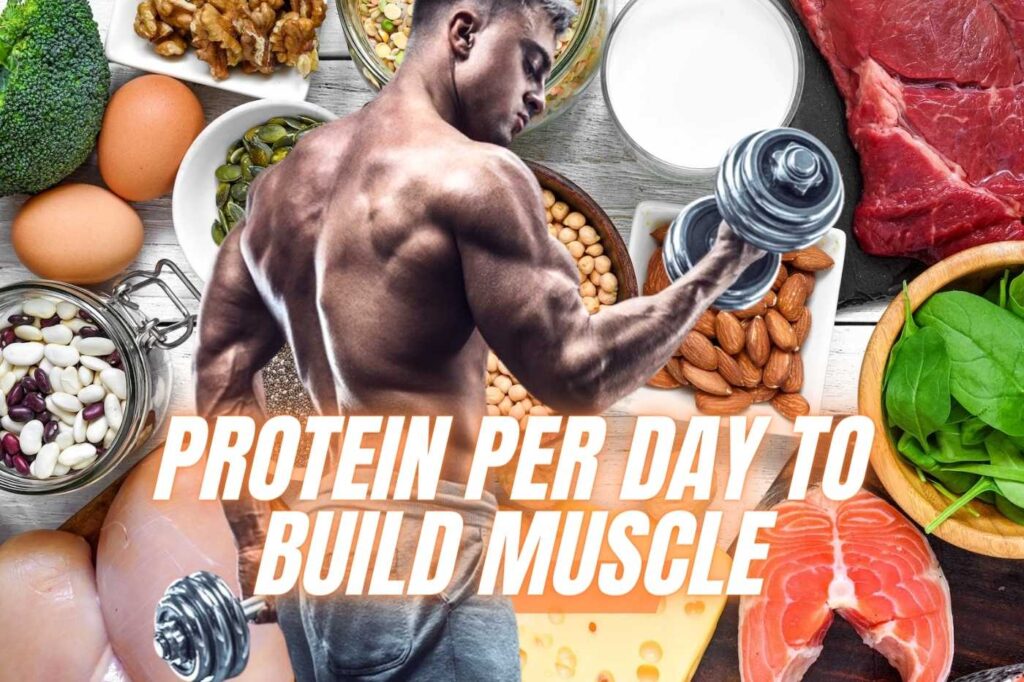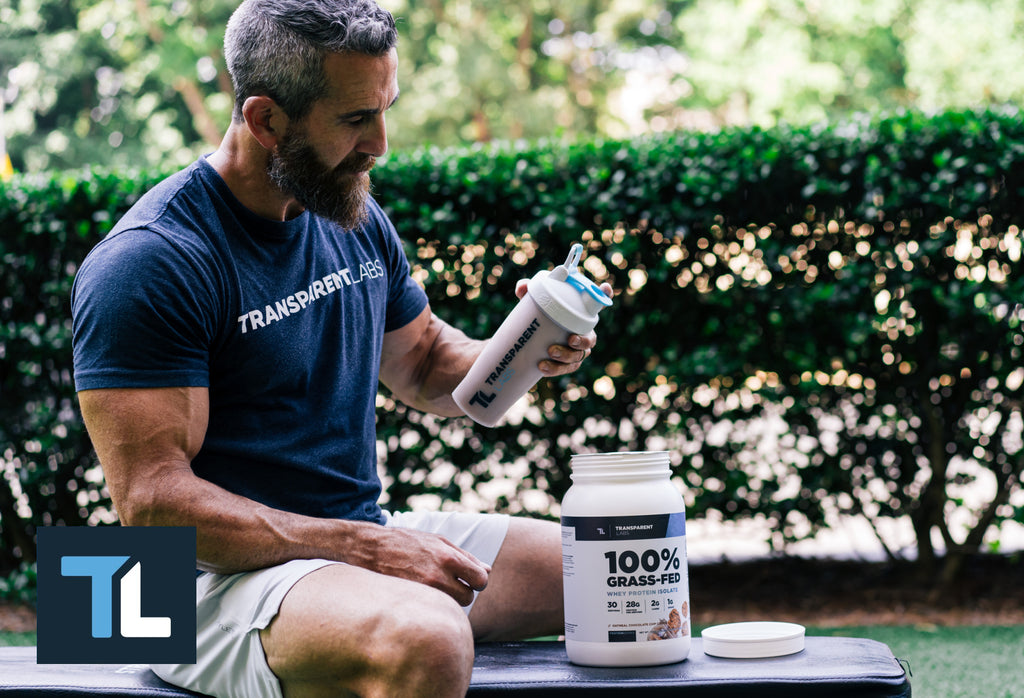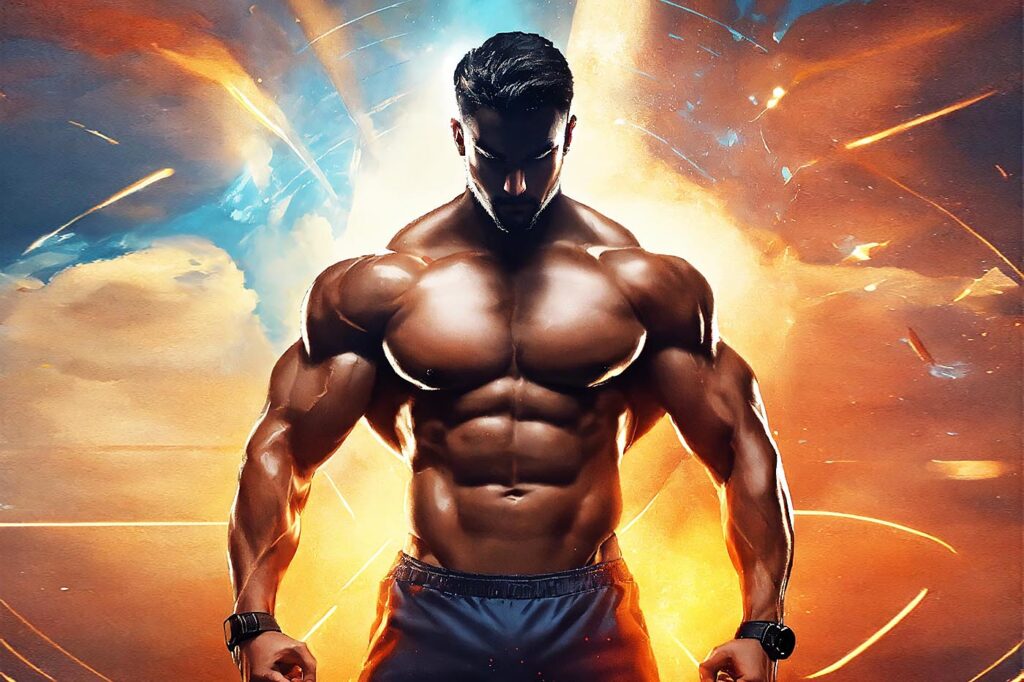Muscle mass decreases with age due to hormonal changes and reduced physical activity. This leads to muscle atrophy and strength loss.
Aging naturally brings about changes in the body, one of which is the reduction of muscle mass. Hormonal shifts, such as decreased testosterone and growth hormone levels, play a significant role in this process. Reduced physical activity, often seen in older adults, further accelerates muscle atrophy.
Maintaining muscle mass is crucial for overall health, mobility, and quality of life. Regular exercise, including strength training, and a balanced diet rich in protein can help mitigate these effects. Understanding the causes of muscle mass decline can aid in developing strategies to maintain muscle health as we age.
Age-related Muscle Loss
Muscle loss, or sarcopenia, happens naturally as we grow older. The body produces fewer growth hormones. This makes it harder to maintain muscle mass. Physical activity often decreases with age. Less activity leads to muscle loss. Poor nutrition can also contribute. Protein intake might be lower in older adults. This affects muscle health.
Decreased muscle mass affects daily life. Simple tasks become harder. Activities like walking or lifting objects require more effort. Balance may be affected, increasing the risk of falls. Weak muscles can lead to fatigue. Daily chores might take longer to complete. Quality of life can decrease with muscle loss. Staying active is important to maintain strength.
Hormonal Changes
Growth hormone helps build muscles. As we age, the body makes less growth hormone. This causes muscles to get smaller and weaker. Less growth hormone also means slower healing. This can make it harder to stay active. Staying active can help keep muscles strong.
Testosterone is important for muscle growth. Older men and women have less testosterone. With less testosterone, it is harder to keep muscle mass. This can lead to weaker muscles. Weaker muscles can affect daily activities. Eating well and exercising can help maintain muscle strength.
Lifestyle Factors
A sedentary lifestyle leads to muscle loss over time. Muscles need regular exercise to stay strong. Sitting too much weakens muscles. Physical activities like walking and lifting weights help maintain muscle mass. Without exercise, muscles shrink and become weaker.
Eating poorly affects muscle health. Muscles need protein to grow and stay strong. Junk food lacks important nutrients. A diet rich in fruits, vegetables, and lean meats helps muscles. Poor nutrition leads to weak and shrinking muscles. Vitamins and minerals are also crucial for muscle health.
Neuromuscular Function
Nerves send signals to muscles for movement. Aging causes nerve cells to degenerate. This leads to weaker signals reaching muscles. Weaker signals make muscles less active. Less activity causes muscle shrinkage. Muscle shrinkage leads to loss of muscle mass.
A motor unit consists of a nerve and the muscle fibers it controls. Aging causes changes in motor units. Some nerve fibers die. Other nerves take over the fibers. This is called remodeling. Remodeling makes muscles work less efficiently. Inefficient muscles lose strength and mass. This results in overall muscle loss.
Inflammation And Oxidative Stress
Chronic inflammation is a key factor in muscle loss with age. The body’s immune system stays active for too long. This can lead to muscle damage. Inflammation can prevent muscles from repairing themselves. Over time, this causes muscle mass to decrease.
Oxidative damage happens when free radicals harm the body’s cells. Muscles are very sensitive to this type of damage. Antioxidants in the body fight free radicals, but their levels drop with age. This makes muscles more prone to damage. As a result, muscle mass decreases.
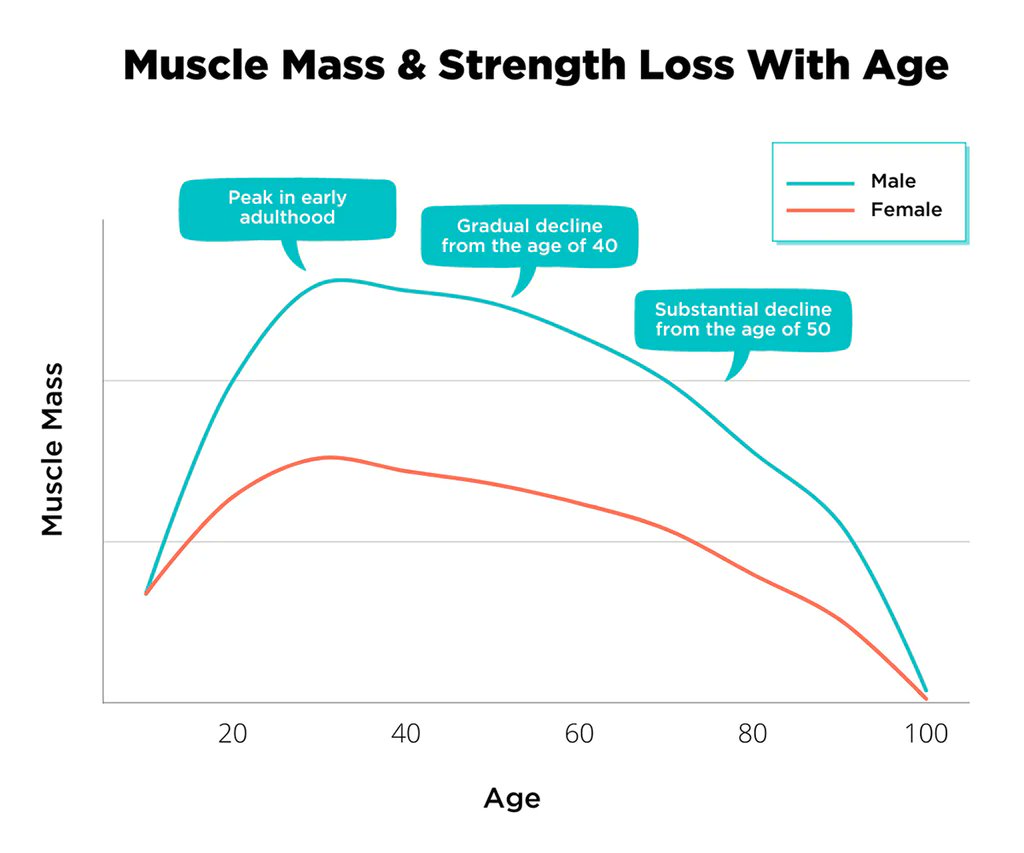
Credit: twitter.com
Genetic Influences
Our genes play a big role in muscle mass. Some people inherit strong muscles from their parents. Others may have genes that make muscles weaker over time. These traits can make a huge difference in how we age. Even with exercise, some people might still lose muscle faster.
Some genetic conditions affect muscle health. Muscular dystrophy is one example. This condition makes muscles weaker. Not everyone has the same risk. Our DNA can tell a lot about our future muscle health. Some people are just more prone to muscle loss as they get older. Regular check-ups can help manage these risks.
Medical Conditions
Chronic diseases can affect muscle mass. Diabetes and heart disease are common examples. These illnesses make it hard to stay active. Less activity means muscles get weaker. Over time, this leads to muscle loss. Inflammation from these diseases can also harm muscle tissues.
Some medications can cause muscle loss. Steroids and statins are two examples. Steroids can weaken muscles over time. Statins, used for cholesterol, can make muscles sore. If muscles hurt, people move less. Less movement means muscles get smaller.

Credit: www.linkedin.com
Preventive Measures
Strength training helps keep muscles strong. It is good to lift weights or use resistance bands. This can help reduce muscle loss as you age. Exercise at least two times a week.
Start with light weights and increase slowly. Make sure to rest between workout days. Consult a trainer for safe exercises. This will help prevent injuries.
A balanced diet is key to maintaining muscle mass. Eat enough protein like chicken, fish, and beans. Proteins help build and repair muscles.
Include fruits and vegetables for vitamins and minerals. Stay hydrated by drinking water regularly. Avoid junk food and limit sugary snacks. A good diet keeps your body strong.

Credit: www.wsj.com
Frequently Asked Questions
What Causes Muscle Mass To Decrease With Age?
Muscle mass decreases with age due to reduced physical activity and hormonal changes. Loss of muscle fibers also contributes. Staying active and maintaining a balanced diet can help mitigate this loss.
Can Exercise Prevent Muscle Loss In Aging?
Yes, regular exercise can help prevent muscle loss in aging. Strength training is particularly effective. It helps maintain muscle mass and strength. Consistency is key for long-term benefits.
How Does Diet Affect Muscle Mass In Older Adults?
Diet significantly impacts muscle mass. Protein intake is crucial for muscle maintenance. Nutrient-rich foods support muscle health. A balanced diet combined with exercise yields the best results.
Are There Medical Conditions That Accelerate Muscle Loss?
Yes, medical conditions like sarcopenia and osteoporosis accelerate muscle loss. Chronic illnesses and medications can also contribute. Consult a healthcare provider for proper diagnosis and treatment.
Conclusion
Aging naturally leads to muscle mass reduction due to hormonal changes and decreased physical activity. Maintaining a balanced diet and regular exercise can help mitigate this loss. Prioritize strength training and protein intake to support muscle health. Stay proactive about fitness to enjoy a healthier, more active lifestyle as you age.

